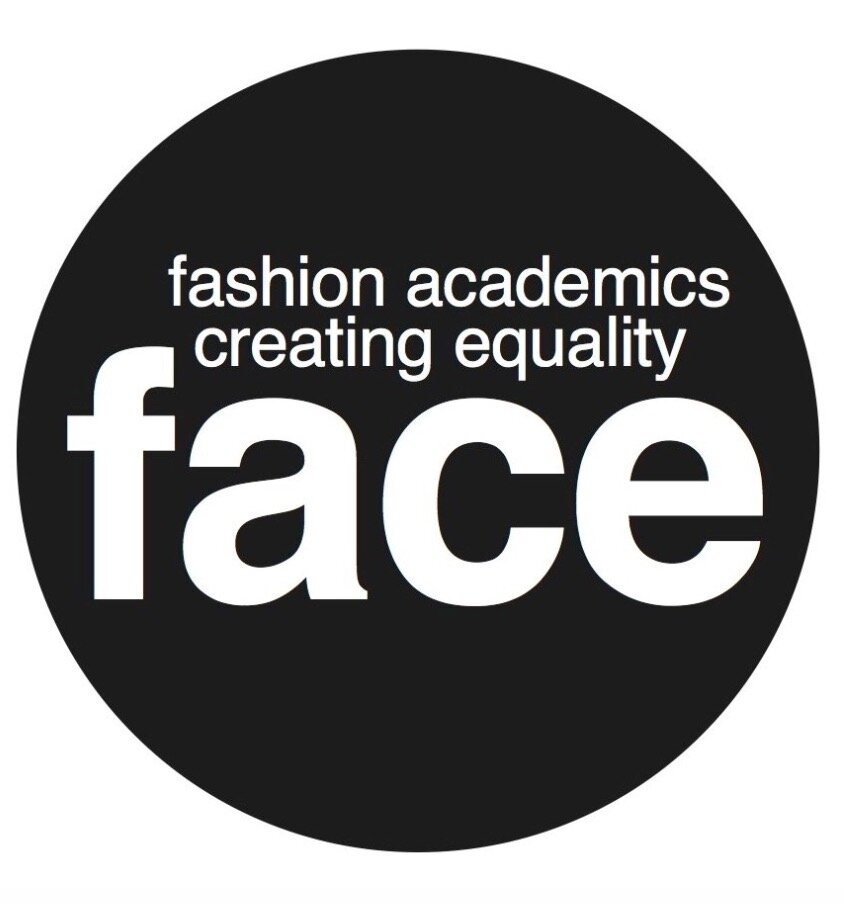FACE Race: Radical learning, listening and personal reflection
FACE RACE Teaching Resource: This companion page is one of many included in the Handbook. Download here.
Radical learning
As educators we may have expertise in our field, be acclaimed in industry, or in theoretical and historical context but the breadth of this is highly likely to be limited and not inclusive of minoritised staff and students. It could be too traditional in a global respect and individual to personal experience. It is these barriers we hope to remove and therefore create a more equitable education at university.
As uncomfortable as it is to admit our limitations, in a culture where we have spent many years gaining knowledge and shoring up our authority within a subject, this journey is liberating
Pertaining to students, we reflected on our teaching practice by acknowledging that we needed to engage in anti-racist work, involving reading, researching and deep listening in order to formulate next steps such as ongoing inclusivity within module texts and reference choices. In ‘Disruptive Pedagogy and the Practice of Freedom’ in Hybrid Pedagogy, educator Julie Fellmeyer continues: ‘A small, but essential, first step is to immerse yourself in the work of as many BIPOC, feminist, activist, and academic writers, bloggers, podcasters and tweeters as possible” (2018). Achieving this through increased use of library sources helps institutions continue to acquire diverse texts and enable students to read these for free.
This is an ongoing learning process to be adapted and improved for each situation. Addressing our bias to operate a wider, more inclusive perspective in our teaching activities is ever evolving as our recognition of anti-racist behaviours grows. It can be continually reviewed in its effectiveness,
Addressing our bias to operate a wider, more inclusive perspective in our teaching activities is ever evolving as our recognition of anti-racist behaviours grows
This can be a personal and group learning experience fuelled by independent research of anti-racist practice in teaching. An excellent example of this is Diana Ashley-Donaldson’s: A Different Hue of Blue – Embedding Diversity and Inclusivity within the Higher Education Curriculum. This warmly written account of teaching from an inclusive standpoint, documents live interventions utilised to support curriculum based learning. A hard copy can be obtained from the above link.
Other resources specific to educational evolution and identity are…
Arday, Jason ‘Dismantling Race in Higher Education: Racism, Whiteness and Decolonising’
Alexander, Byrn, Khan, Nazro and Shankley ‘Ethicity and Race in the UK’ : Chapter 5 Ethnic inequalities in the state education system in England’
Professor Kimberle Crenshaw ‘The Urgency of Intersectionality.’ Ted Talk
Radical listening
“In order to have successful interactions across racial and cultural realities, people must learn to listen to one another… it is a crucial part of civil discourse in classrooms and all other spaces”
“This,” continues Sarah Trembath (2019) Professor, Department of Literature, at the American University, Washington, “is demonstrated through listening and reflecting carefully on the writings/ speech/ creativity of others. To listen in this way is an act of care. It can and should take time. This might mean scheduling regular time during quieter parts of the academic year for this kind of deep listening and in safe places. It might also mean ensuring that before each opportunity we have to teach and interact with colleagues, we have spent time listening and reflecting on different racial and cultural realities – for example through listening to a podcast or watching a short talk that helps us sustain our ‘willingness to be disturbed”
Radical listening checklist
Radical Personal Reflection and Action
As uncomfortable as it is to admit our limitations, in a culture where we have spent many years gaining knowledge and shoring up our authority within a subject, this step is liberating and many of us have found it leads straight to a comforting humility. We refer you to Joe Casely-Hayford’s quote in section 3: Terms and Definitions: Whiteness and knowledge deficits.
“Those who were previously seen as the disadvantaged minority have developed a unique vision. A new combination of talents has emerged from the fertile ethnic exchange of cultures. Increasing numbers of Black people have this capacity to draw from and enrich both cultures whereas the reverse is impossible. The majority culture has never felt the need to educate itself fully nor enrich itself with anything other than the western ideal.”
Joe Casely-Hayford OBE, i-D #124, January 1994
Starting from this point – that we may not have the cultural competency required by today’s diverse and inclusive teaching environment, we can set about expanding our learning with optimism and enthusiasm. This need not be an isolated experience, FACE associates meet regularly to discuss this learning along with new vocabulary, questions and studies.

